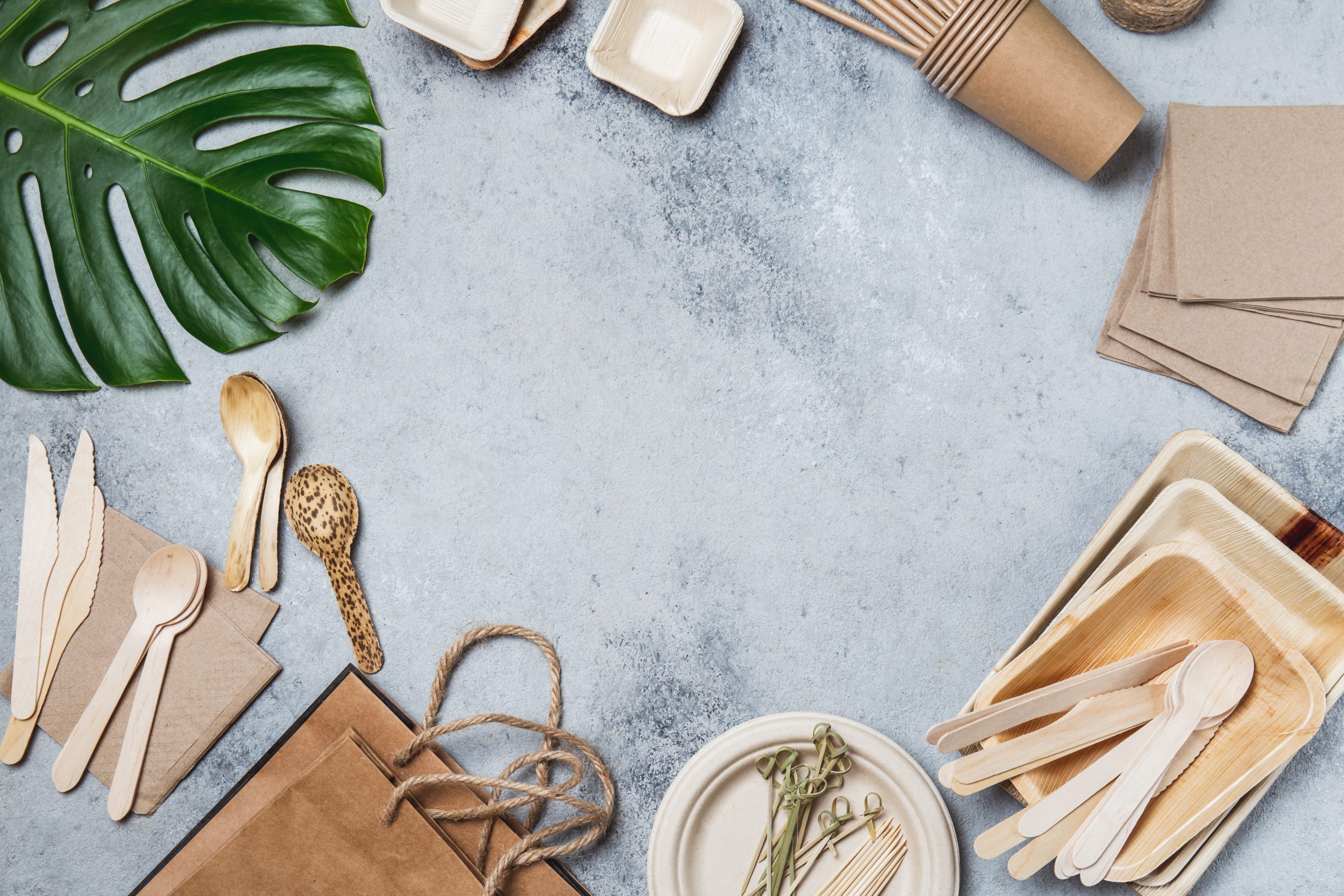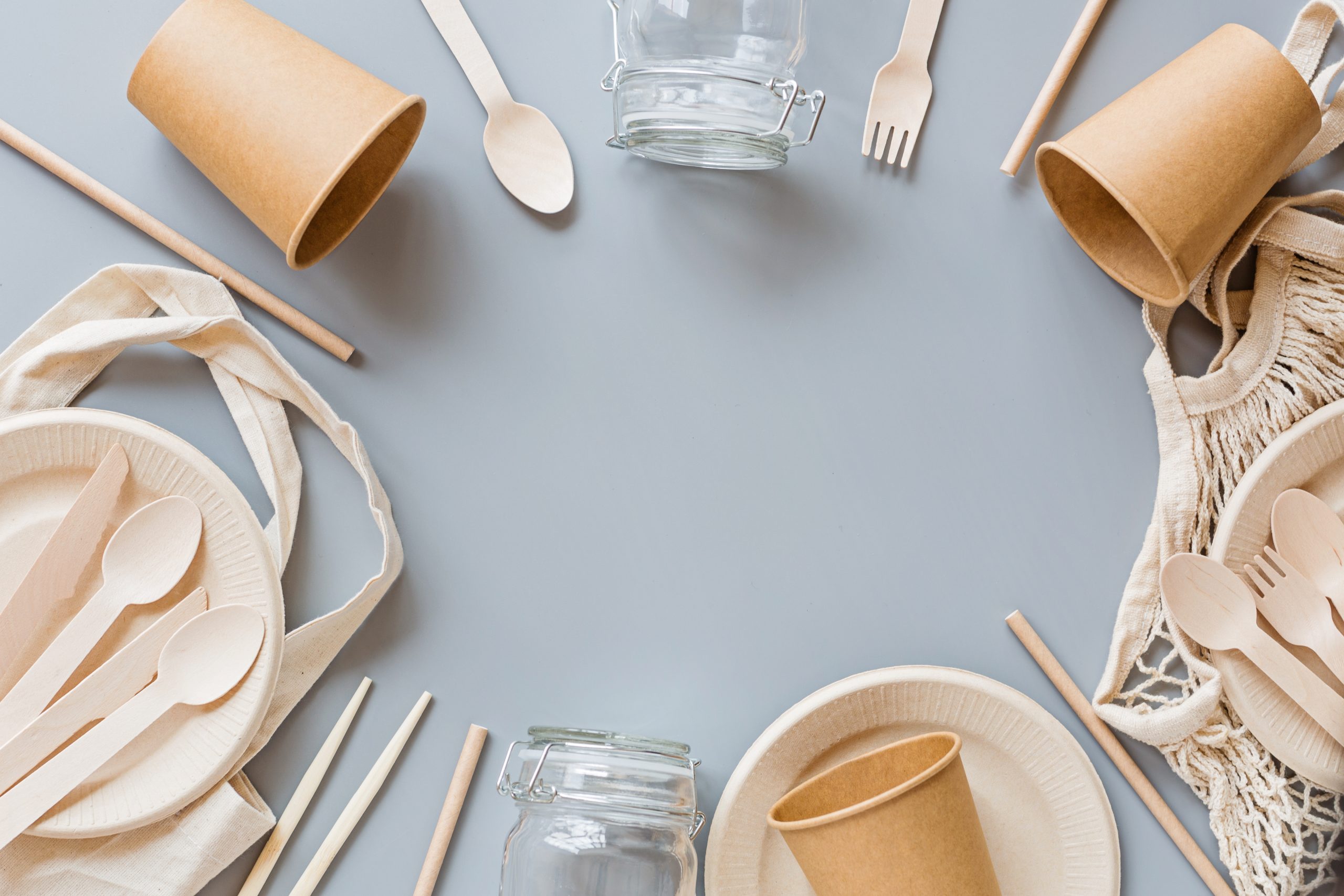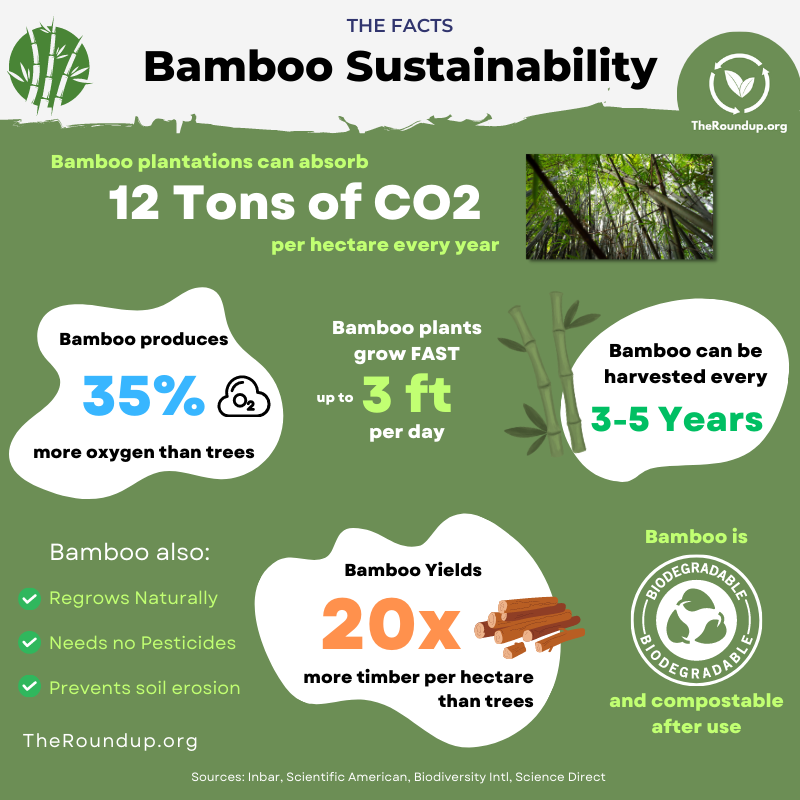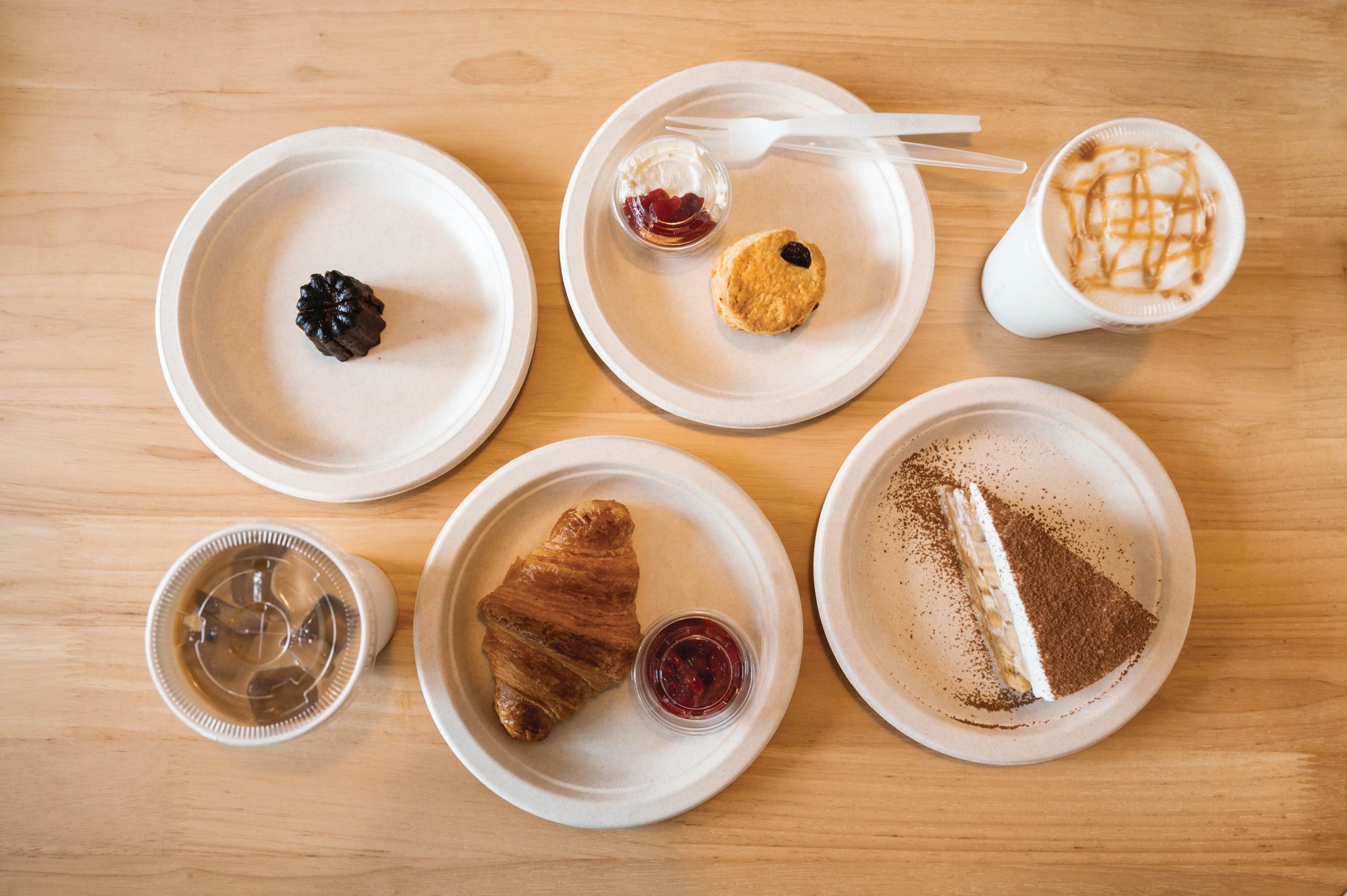
When choosing disposable plates for events or businesses, safety should be a top priority. But what makes a disposable plate truly safe?
Choosing the right disposable plate for your event or foodservice business is crucial for both safety and sustainability.
If you’re looking for eco-friendly and safe options, it’s important to understand the materials available. Let’s explore this in detail.
What are Disposable Plates Made Of?
When it comes to disposable plates, materials vary widely. But which ones are safest for health and the environment?
Understanding the materials used in disposable plates is essential to making a safe choice for both your guests and the planet.

Common Materials and Their Risks
Most disposable plates are made from plastic, paper, sugarcane bagasse, palm leaf, or bamboo. Each of these materials presents different safety and environmental concerns.
Plastic Plates: Health and Environmental Risks
Plastic plates are widely used, but they come with serious health risks. They often contain harmful chemicals like BPA, which can leach into food. Additionally, plastics break down into microplastics over time, harming marine life and ecosystems.
Paper Plates: Potential Chemical Exposure
While paper plates are often seen as a safer alternative, they may still pose health risks. Some paper plates are treated with chemicals like PFAS, BPA, or phthalates to make them resistant to grease and moisture. These chemicals can leach into food, causing health concerns over time.
Styrofoam Plates: Environmental and Toxic Concerns
Styrofoam plates are notorious for their environmental persistence. They take hundreds of years to break down, contributing to landfill overflow. Additionally, Styrofoam is made with styrene, a chemical linked to cancer, making it an unsafe option for foodservice.
Why Are Bamboo Disposable Plates the Safest Choice?
Bamboo offers a sustainable, non-toxic, and biodegradable alternative to plastic, paper, and Styrofoam. But why is bamboo such a safe option?
Bamboo plates are gaining popularity due to their natural properties that make them not only safe for health but also eco-friendly.

Bamboo as a Renewable Resource
Bamboo grows incredibly fast, making it a renewable resource that helps reduce deforestation. It requires no pesticides or fertilizers, unlike some other crops, which reduces the risk of chemical exposure in food. Bamboo also grows without the need for heavy water consumption, making it a much more sustainable option.
Natural Durability and Heat Resistance
Bamboo is naturally strong and durable, making it an excellent choice for disposable tableware. Bamboo plates can withstand high temperatures without warping or releasing harmful substances. This makes them ideal for serving hot foods without any risk of toxicity or flavor alteration.
Non-toxic and Chemical-Free
Unlike paper plates, bamboo plates do not require harmful chemical coatings or treatments. They are naturally resistant to bacteria, mold, and other contaminants, which makes them safer for food service.
International Certifications for Safety and Sustainability
Bamboo disposable plates from trusted manufacturers, like PANABAM, meet international food safety standards. These plates are certified by organizations like the FDA, FSC, BPI, and ISO, ensuring that they are both safe to use and environmentally friendly.
How Bamboo Compares to Other Eco-Friendly Disposable Plate Materials?
When comparing bamboo to other disposable plate materials, bamboo stands out as the safest choice. Here’s a side-by-side look:
| Material | Safety Profile | Environmental Impact | Durability & Functionality | Cost Considerations |
|---|---|---|---|---|
| Plastic | May leach harmful chemicals | Non-biodegradable, pollutes oceans | Low durability, prone to breaking | Cheap, but hidden costs long-term |
| Paper | Possible chemical contamination | Biodegradable, but requires large-scale deforestation | Medium durability | Generally affordable |
| Sugarcane Bagasse | Safe, biodegradable | Eco-friendly, compostable | Moderate durability | Cost-effective, but less sturdy |
| Palm Leaf | Safe, no chemicals | Biodegradable, minimal environmental impact | Durable, can hold hot food | Higher cost than paper |
| Bamboo | Non-toxic, no chemical coatings | Highly renewable, biodegradable | Durable, heat resistant | Slightly more expensive than paper |
Certifications and Standards That Guarantee Safety
Safety and sustainability in disposable plates go beyond just the materials used. Certifications play a key role in guaranteeing the safety of a product.
Certifications ensure that the disposable plates meet strict standards for both food safety and environmental impact.

Important Certifications for Disposable Plates
Some certifications to look out for when purchasing disposable plates include:
- FDA Certification: Ensures the plates are safe for food contact.
- FSC Certification: Verifies that the bamboo used is sourced from sustainably managed forests.
- BPI Certification: Ensures the product is compostable and environmentally friendly.
- ISO 9001: Confirms that the manufacturing process meets high standards of quality control.
PANABAM meets these certifications, ensuring that its bamboo plates are not only safe but also produced sustainably.
Addressing Common Buyer Concerns
When purchasing disposable plates, many buyers are concerned about price, quality, and reliability. Let’s tackle these concerns directly.
Investing in high-quality bamboo plates ensures a safer, more sustainable choice in the long run.

Price Sensitivity vs. Quality and Safety
While bamboo plates may have a higher upfront cost compared to plastic or paper options, they offer superior quality and safety. The additional cost reflects the higher manufacturing standards, including the use of renewable resources and certifications for food safety. In the long term, bamboo plates can reduce your overall environmental impact and improve the sustainability profile of your business.
Supply Reliability and Customization
PANABAM offers reliable supply chains and customizable options to meet your specific needs. With over 20 years of experience and automated production lines, PANABAM ensures consistent product quality and timely delivery.
Efficient Logistics and Packaging
PANABAM offers cost-effective logistics solutions that minimize damage and reduce shipping costs. Their packaging solutions ensure that products arrive in perfect condition, even during long international shipments.
Conclusion
Bamboo plates are the safest and most sustainable disposable plate option, offering numerous benefits for both your business and the environment. Choosing the right supplier, like PANABAM, ensures you receive top-quality, certified products that meet your needs.
Frequently Asked Questions
What are the main benefits of using bamboo disposable plates?
Bamboo disposable plates offer several key benefits:
-
Eco-friendly: Bamboo is a fast-growing, renewable resource that requires no pesticides or fertilizers.
-
Biodegradable: These plates naturally decompose, significantly reducing environmental pollution compared to plastic or Styrofoam alternatives.
-
Non-toxic: Bamboo plates are free from harmful chemical coatings or treatments, ensuring food safety without odor or taste transfer.
-
Durability: They are naturally strong and heat-resistant, suitable for both hot and cold foods without warping or breaking.
-
Sustainable: Bamboo harvesting does not harm the environment, making it a responsible choice for disposable tableware.
How do bamboo plates compare to other eco-friendly options like sugarcane bagasse plates?
-
Durability: Bamboo plates generally offer superior strength and heat resistance compared to sugarcane bagasse plates, which may soften with hot or greasy foods.
-
Production Process: Bamboo cultivation uses less water and fewer chemicals, making it more sustainable overall. Sugarcane bagasse is biodegradable but can be more resource-intensive to produce.
-
Cost: Bamboo plates might be slightly more expensive, reflecting their enhanced durability and sustainability.
-
Environmental Impact: Both are compostable, but bamboo’s rapid renewability and minimal environmental footprint give it an edge over sugarcane bagasse.
What certifications should I look for to ensure the safety and sustainability of disposable plates?
Look for these key certifications:
-
FDA Certification: Confirms the plates are safe for direct food contact.
-
FSC Certification: Ensures bamboo is sourced from responsibly managed forests.
-
BPI Certification: Verifies the product is compostable and environmentally friendly.
-
ISO 9001: Indicates high standards in manufacturing quality control.
These certifications guarantee compliance with food safety and environmental standards.
How does the production process of bamboo plates impact the environment?
-
Minimal Water Usage: Bamboo requires very little water compared to other crops like cotton or sugarcane.
-
No Pesticides or Fertilizers: Bamboo grows naturally without chemical inputs, reducing pollution risks.
-
Carbon Sequestration: Bamboo absorbs significant CO2 during growth, helping combat climate change.
-
Low Carbon Footprint: Manufacturing bamboo plates is energy-efficient compared to plastic or Styrofoam production, lowering overall environmental impact.
What are the common health risks associated with using disposable plates?
-
Plastic Plates: May contain BPA and other harmful chemicals that can leach into food, posing long-term health risks. Microplastics contamination is also a concern.
-
Paper Plates: Some are treated with chemicals like PFAS or phthalates to resist grease, which can migrate into food and cause health issues.
-
Styrofoam Plates: Made from styrene, a probable carcinogen, posing risks to both human health and the environment.
-
Bamboo Plates: A safer alternative, free from toxic chemicals, naturally resistant to bacteria and mold, and do not release harmful substances into food.
Choosing bamboo disposable plates helps avoid many health risks linked to other disposable materials while supporting environmental sustainability.

Shmily Lee
Hi there! I’m Shmily, a proud mom to an amazing boy and the manager of PANABAM. We’ve been producing eco-friendly bamboo tableware that’s both sustainable and high-quality. I’m passionate about helping businesses embrace greener solutions. Let’s connect and create a more sustainable future together!